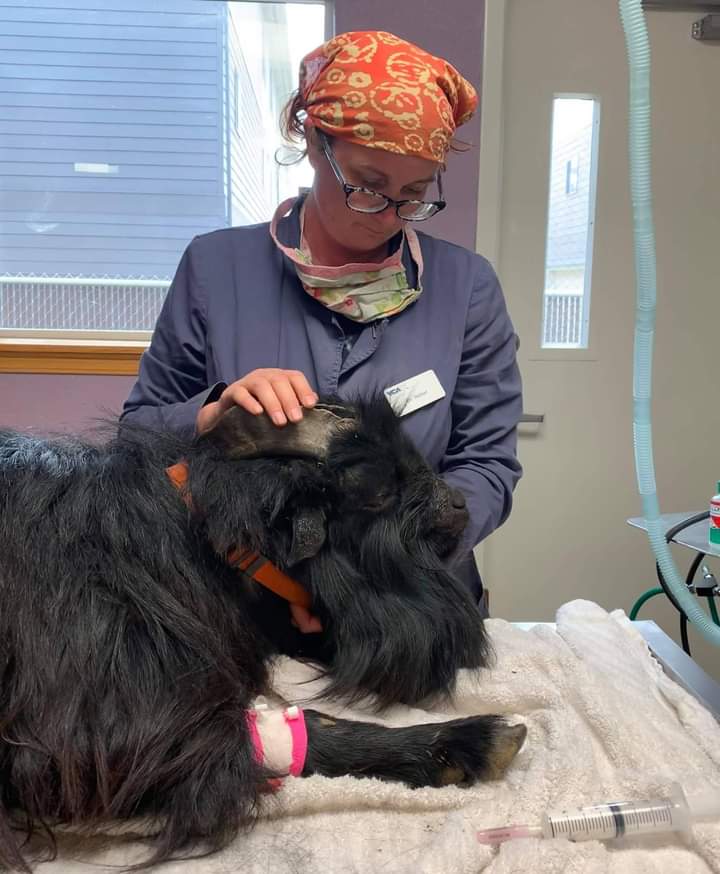I was noticing this before COVID, so I don’t think COVID is the sole factor.
I have some theories but they are hard and unkind in some ways. If anything, COVID happened to snowball an issue that was already present in the field on the fringes. COVID brought it front and center.
Fewer people are becoming veterinarians because of the enormous roadblocks both financially and mentally - it’s hard being a vet for more reasons than just debt (expect 300k+ in student loans). Fewer people are staying in the field because of the enormous debt, untenable pay, poor work/life balance, and stress. Fewer technicians are staying in the field because they are overwhelmed, overworked, underpaid, and often (but not always) the clinics they work for are short-staffed, offer few to no benefits, are sometimes run poorly or have very poor HR/working conditions. The animal care/sciences industry has been lagging behind many others for decades now in terms of competitive pay, work/life balance, and benefits. Costs to become a veterinarian exceed 300k in school loan/debt and for a fraction of that money you can go for a degree in a science or IT field and be making six figures nearly the moment your foot enters the field door. Vet techs that have been in the industry for decades barely make above minimum wage when the experience required or necessary is often high skill/experience.
All of this drives up the demand of the existing and established veterinarian practices, burdening them with a higher existing client load that is spread across ever increasingly thin resources. Contributing to more burnout, more staff turnover, longer wait times, more scheduling conflicts.
Combine that with what my personal opinion of the matter is outside of what is objective above – people now are better educated about their pets than they were even ten years ago. More people are learning that things their parents were told is okay (like a cat occasionally missing its litter box, or a dog occasionally going off of food) are in fact, sometimes medical emergencies. The overall general knowledge among pet owners is at a higher threshold than it was decades ago.
Then COVID came along – where it showed the world A. most jobs can be done remotely (thus pulling from existing pool of people who would otherwise be fulfilling low rank/file jobs in physically present vet offices), B. more people have more free time to spend pursuing hobbies, some with their pets, leading to a bigger increase in accidents/incidents. C. increased # of household with pets and increased general knowledge about vet care = more time spent at home observing these pets and more time to notice when something is NQR.
It is the same reason barn owners are seeing a staffing crisis too.

 Only wish her determination could provide a good outcome, but, sadly, that is very much in question.**
Only wish her determination could provide a good outcome, but, sadly, that is very much in question.**
